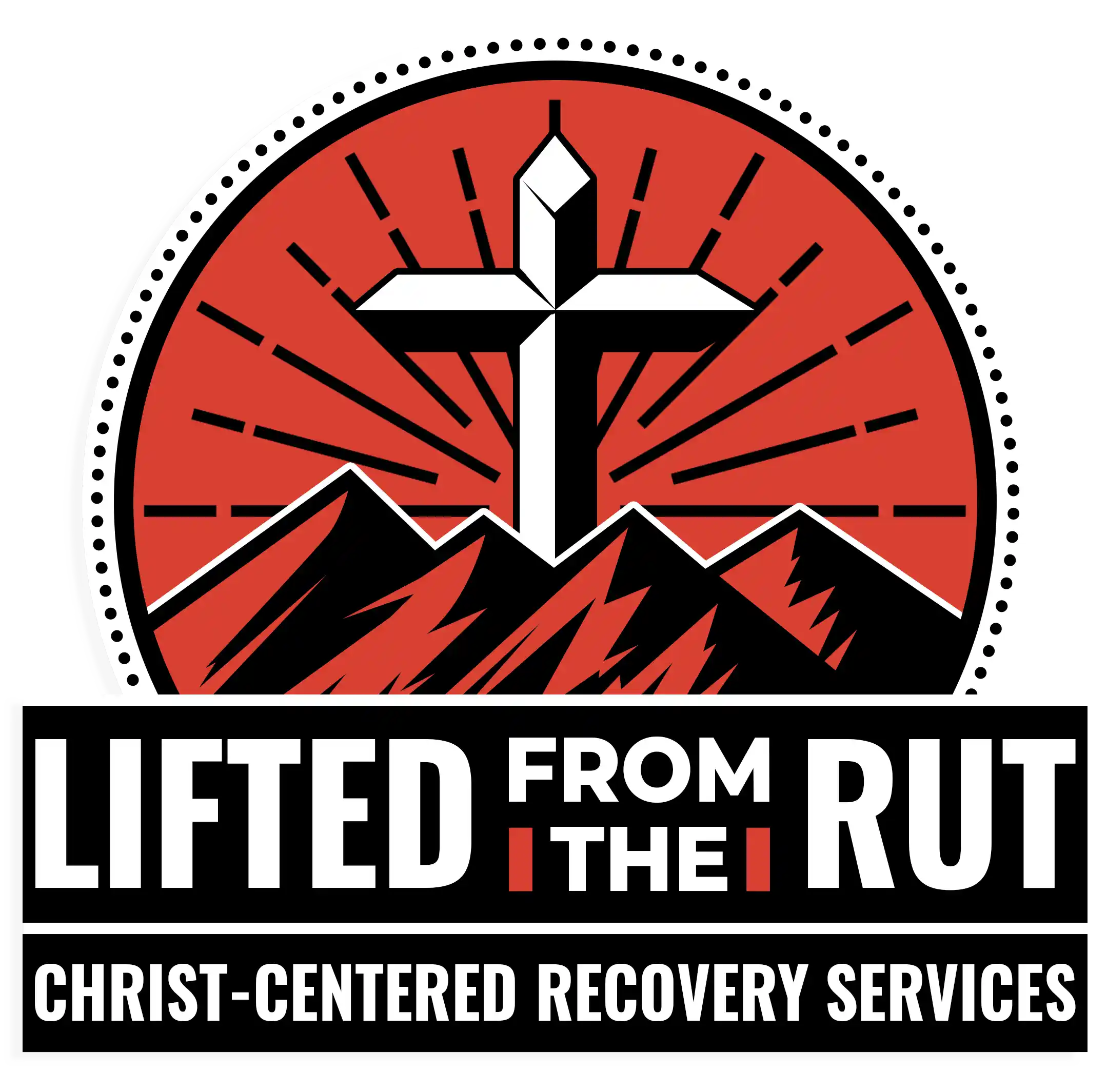For individuals struggling with addiction, finding the right path to recovery is crucial. While spirituality and religion share similarities and can offer valuable support, each takes a distinct approach to addiction
This article will discuss the differences between religion and spirituality in the context of healing from addiction and how each can help you on your recovery journey.
Defining Spirituality and Religion in Addiction Recovery
Addiction treatment often involves a journey of self-discovery and inner transformation. In addiction treatment, it’s crucial to understand how spirituality and religion can offer better recovery outcomes.
Spirituality is a personal experience focused on finding meaning, purpose, and connection to something greater than oneself. Unlike religion, spiritual practices often offer a less structured path on your journey toward recovery that emphasizes emotional well-being and moral awareness.
In contrast, religion is a set of beliefs and practices, often community-based and centered around worshipping a deity or supernatural beings. It involves adherence to specific doctrines and rituals.
While both can play a significant role in addiction recovery, spirituality in recovery is more about an individual’s personal journey, while the role of religion is to provide a collective belief system and structure.
Key Differences Between Faith-Based and Spirituality-Based Recovery
While both faith-based and spirituality-based recovery offer transformative paths to healing, they differ in their central focus and approach.
Faith-based recovery offers a defined framework, while spirituality-based recovery allows for a more personalized path. Understanding these differences helps individuals choose the approach that best supports their unique needs and beliefs.

Faith-Based Recovery: Characteristics and Approach
Faith-based recovery provides a structured environment aligned with religious doctrines, fostering community support and spiritual mentorship. It integrates religious practice and teachings such as prayer, scripture study, and worship into the healing process.
It views addiction as a form of spiritual brokenness or sin that requires restoration through a relationship with a higher power, often God.
You’ll find support through a religious community and shared faith values like forgiveness and love. The structured environment in addiction treatment programs aligns with religious doctrines, fostering a sense of belonging and moral guidance.
Therapeutic benefits include spiritual mentorship, a supportive community, and emotional resilience linked to faith.
While traditional therapies may be included, faith-based recovery prioritizes practices like spiritual transformation as central to healing. It’s a powerful approach for those who find strength and meaning that religion provides.
Spirituality-Based Recovery: Characteristics and Approach
In contrast, spirituality in addiction recovery emphasizes personal growth, self-reflection, and finding individual meaning.
Spirituality-based recovery programs emphasize personal growth, self-reflection, and finding a sense of purpose and meaning in the healing journey without necessarily involving organized religion. Spirituality tends to be about connecting with your inner strength, cultivating emotional well-being, and developing a strong moral compass.
Individuals in recovery will see spirituality as a holistic path toward self-discovery and a sense of connection to something larger than oneself, such as a universal spirit. Spirituality in addiction recovery is flexible, allowing people grappling with addiction to tailor diverse beliefs and practices to their unique needs.
Spirituality focuses on spiritual practices like meditation, mindfulness, and other non-religious practices that foster resilience in the recovery process, leading to sobriety. This approach is often chosen by those who identify as spiritual but not religious, or who seek a more personal, less dogmatic way to overcome addiction and achieve lasting personal growth.
Final Thoughts
Both spirituality and religion offer meaningful and transformative pathways to addiction recovery, each with its own unique strengths. Religion provides a structured, faith-based approach grounded in community, doctrine, and shared values, which can foster deep connection and moral guidance. For many, this structure and sense of belonging are vital components of healing and long-term sobriety.
At LFTR Christian Rehab Services, we recognize the importance of offering support that honors both faith-based and spiritual perspectives. Whether you’re drawn to a Christ-centered recovery program or seeking a more personal spiritual journey, our mission is to guide you with compassion, purpose, and hope. No matter where you are in your recovery, we are here to walk alongside you every step of the way.





